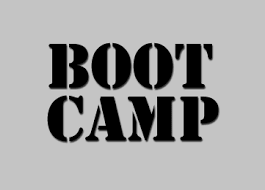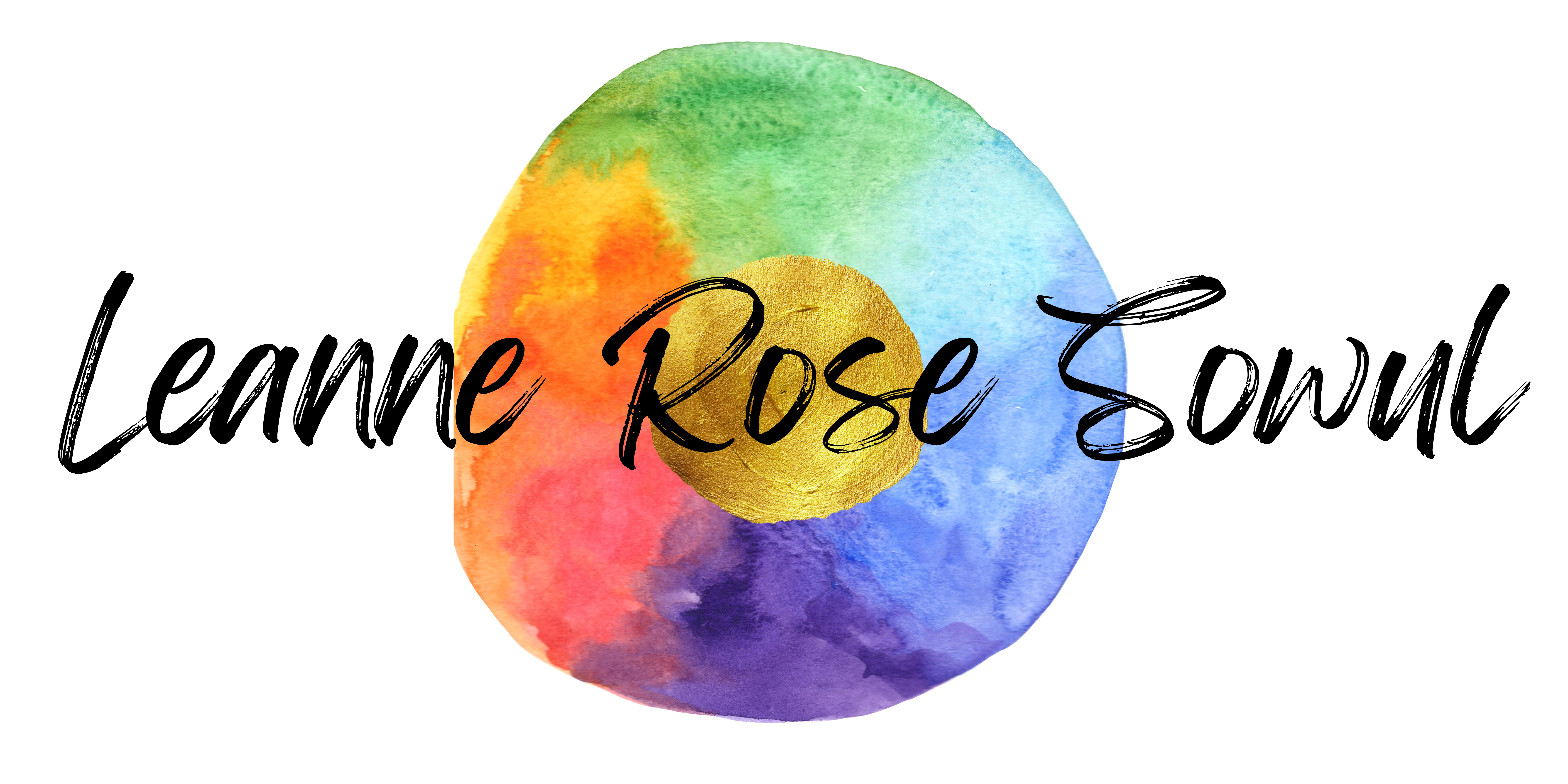Earlier this fall, I decided to focus on prepping my novel based on the Blizzard of 1888, with the goal of beginning the actual writing during winter vacation. I planned to take a break from the novel in December to write my annual Christmas short story about the Wallaby baking party (the sequel to Sugar and Spice and Dustpans and Broomsticks, if you want to read the originals before I post this year’s story). During the novel prep, I also scheduled work on a series of articles, guest posts and short stories so that I wouldn’t get bogged down in research and character studies and not actually write. My writing habits served me well, and by mid-November, I was ahead of schedule with all my Blizzard prep done and a new short story, two guest posts, and several query letters sent off.
But then I was stuck figuring out what to do for the rest of November. I didn’t feel enough in the holiday spirit to start the Christmas story, and didn’t want to start the novel knowing I’d be interrupting myself in a couple of weeks.
And of course, taking a break wasn’t an option, because that’s not who I am.
So I decided to do a writing boot camp.
Ever since I attended an intensive writing retreat last year, I’ve been wanting to put more prompt-writing exercises into my practice. Prompt-writing is the musician’s equivalent of scales or etudes: they’ll never be seen or heard by others, but are necessary to developing higher-level skills. Free-writing is another vital exercise that pushes the writer to generate ideas.
Since I don’t have a lot of time during my normal writing day, I tend to focus only on big projects. I journal, of course, and believe that to be a phenomenally important writing exercise, but other than that, I don’t schedule prompt- or free-writing into my daily habits. That’s why the idea of a writing boot camp felt so valuable to me: I planned to spend a whole week focusing only on those things. (I originally planned to take two weeks, but found that I was getting through the exercises faster than I expected; also, I realized that Thanksgiving was smack in the middle of the second week.)
Here’s how I planned and executed the boot camp:
Boot Camp Preparation
- Figure out your focus areas. For me, it was writing prompts and focused free-writing.
- Find a guide, or two or three. I have two writing prompt books: Writeriffic by Eva Shaw, and 642 Things To Write About by the San Francisco Writer’s Grotto. I also used Barbara Baig’s Mastery Path lessons as a guide, via her website, Where Writers Learn.
- Write down 10-20 boot camp activities on index cards, using your guides for inspiration. I divided mine up between “by hand” and “on computer,” so it would be easy for me to figure out what tools I’d need for each session.
- Schedule your boot camp sessions. I just used my existing writing times, but if you don’t have a regular habit, I encourage you to plan it out ahead of time. Boot camps start with a burst of energy, and then get hard. If you haven’t committed the time, you might not finish.
- Find an accountability partner, if you need one. I did this one on my own, but if you’re worried about follow-through, ask a friend to do a boot-camp with you. It doesn’t have to be in writing; any project that takes a week of intense work will do.
Boot Camp Implementation
- On day one, draw a card from the activity pile. Do that activity.
- Repeat for the rest of the week.
- If you have an accountability partner, check in with that person.
- At the end of the week, give yourself an assessment. Were the activities valuable? Do you feel that you grew as a writer?
I was pleased with the results of my boot camp, at least on the creativity front. On day one, after a focused free-write, I came up with several articles I wanted to pitch and write (which was surprising, because I thought I was in a fiction head-space, but I guess I wasn’t). On day two, I got excited about a new YA series idea. On day three, I wrote a fragment of short story setting Robin Hood and Maid Marian in industrial Victorian London, robbing from wealthy factory owners to distribute money more fairly among their workers. On day four… well, you get the idea. It was productive, idea-wise. I felt inspired by things I hadn’t known were inside me.
It’s harder to tell whether I actually grew into a better writer this week. I did feel like I wrote poorly on a few of the exercises, most notably one in which I described a meal I’d had over the summer, using as many sensory details as possible. I’d like another crack at that one.
Have you ever tried “boot camp-ing” anything in your life? Have you ever applied it to your writing craft? Would you consider it, after reading this post?

I’ve been unable to bring myself to write much during this challenging few months. Your post has me thinking I need to get back into it, and you’ve given me the resource for it. Thanks!
I’m so glad it helped, Lynn!
What an excellent idea–one that I plan to steal! This idea could be modified for many different types of activities–sketching, cleaning the house, even self-care. I haven’t done any writing boot camps per se, but I have participated in two 30-day gratitude photo challenges (one going on right now) where I write about and post a photo of something I’m grateful for every day. I like the discipline of doing it every day, up to a point. After 30 days I’m ready to be done–so a week-long challenge, or even two-week-long, would be about right. Thanks for giving me food for thought.
Oh, and congratulations on your accomplishments during your writing boot camp. It sounds like it was a great success.
There’s something about calling a project a “boot camp” that makes it more exciting, doesn’t it? I can’t take credit for that idea, though. It was on a recent episode of the podcast Happier with Gretchen Rubin. She wasn’t suggesting a writing boot camp, but that was where the thought originated.